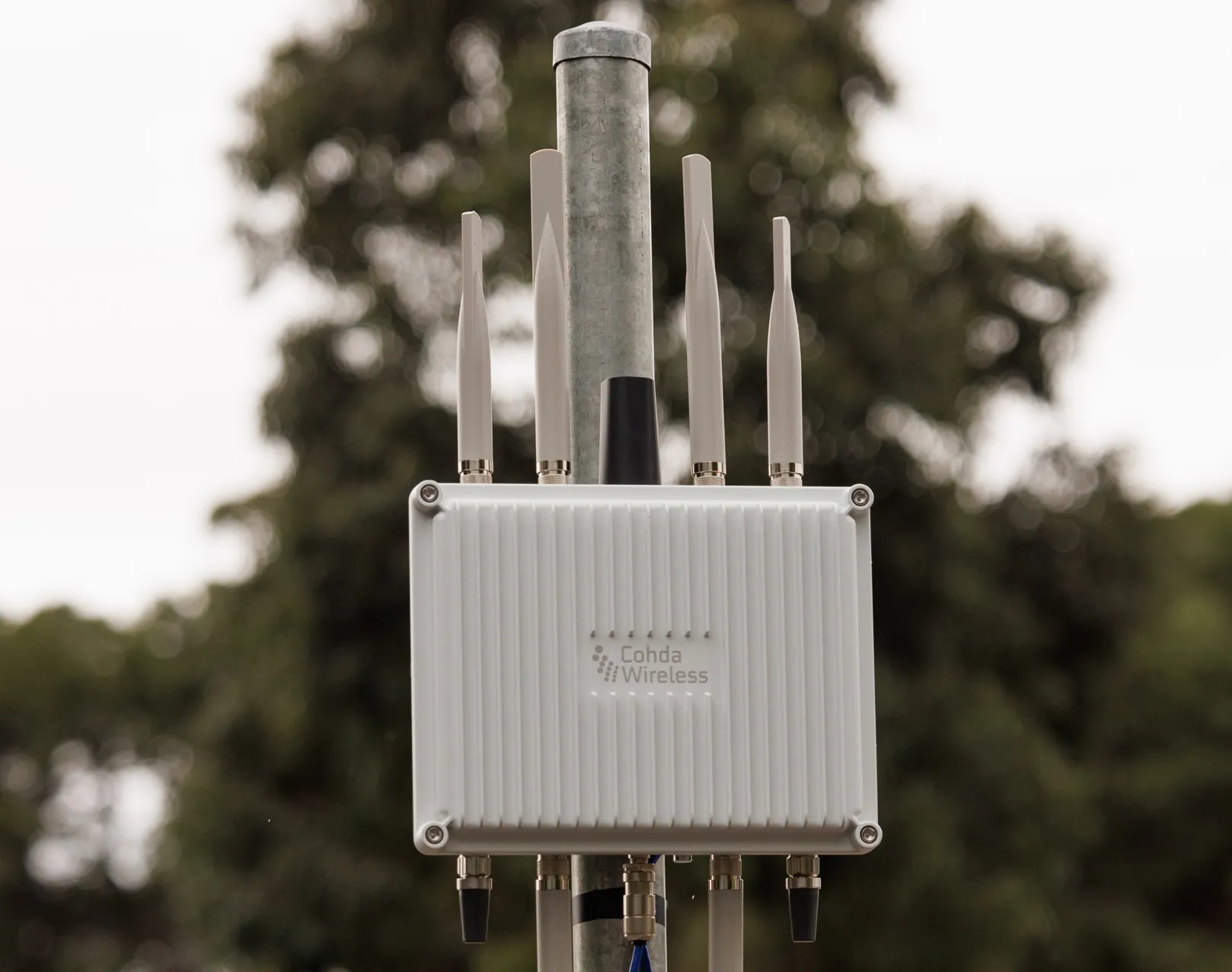
VisionTrack is part of the new School Bus of the Future pilot programme for New York City.
The provider of AI video telematics and connected vehicle data is working with Together for Safer Roads - a non-governmental organisation to advance road safety through cross-sector collaboration and technological innovation - and New York City independent school bus operator NYCSBus.
The pilot will outfit school buses with equipment similar to that used in another Together for Safer roads programme, the 2024 Truck of the Future.
Equipment includes surround cameras, near-miss AI analysis and in-cab alerts. But these are adapted for school buses operating in urban scenarios, expanding the scope of both the types of tested vehicles and the environments to which these safety technologies can be applied.
The original Truck of the Future programme sought to address the issue of blind zones in commercial trucks by installing vulnerable road user (VRU) detection systems on fleet vehicles. These provided drivers with enhanced visibility and real-time feedback on potential near misses.
The VRU technology, developed by VisionTrack, used AI-powered cameras to detect pedestrians, cyclists and motorcyclists around the vehicle and was installed on trucks from the NYC Department of Environmental Protection and NYC Parks, as well as trucks in the fleet of multinational drink and brewing company Anheuser-Busch InBev’s subsidiary in Mexico City.
During the School Bus of the Future pilot, Together for Safer Roads, NYCSBus and additional partners will evaluate speeding, harsh driving, VRU alerting and video triggers to determine how these integrated systems are enhancing road safety.
The programme will also include surveys of managers and drivers to assess their view of the technology, any additional distractions created and how best to roll out these systems in a high pedestrian and micromobility urban environments.
“The School Bus of the Future pilot will be on the leading-edge of school bus safety,” noted Matthew Ison, vice president of sales at VisionTrack.
“Pilots like this have profound implications for school bus safety. By addressing blind zones and enhancing driver visibility, these measures can reduce the risk of incidents involving school buses,” said Matt Berlin, chief executive of NYCSBus.
“The School Bus of the Future’s success could pave the way for the further understanding and widespread adoption of these types of technologies, setting new standards and continual improvement and testing of technologies and vehicle design for school bus safety nationwide.”
“Advanced technology and cross-sector collaboration can make roads safer for fleet drivers and vulnerable road users, the results from the Truck of the Future programme have proven that,” said Peter Goldwasser, executive director of Together for Safer Roads.
“The School Bus of the Future pilot will apply technology, training and lessons learned from previous programme pilots to demonstrate that improved school bus safety is possible right now.”
Click here for more information about Truck of the Future Programme and a report on the most recent pilot.








